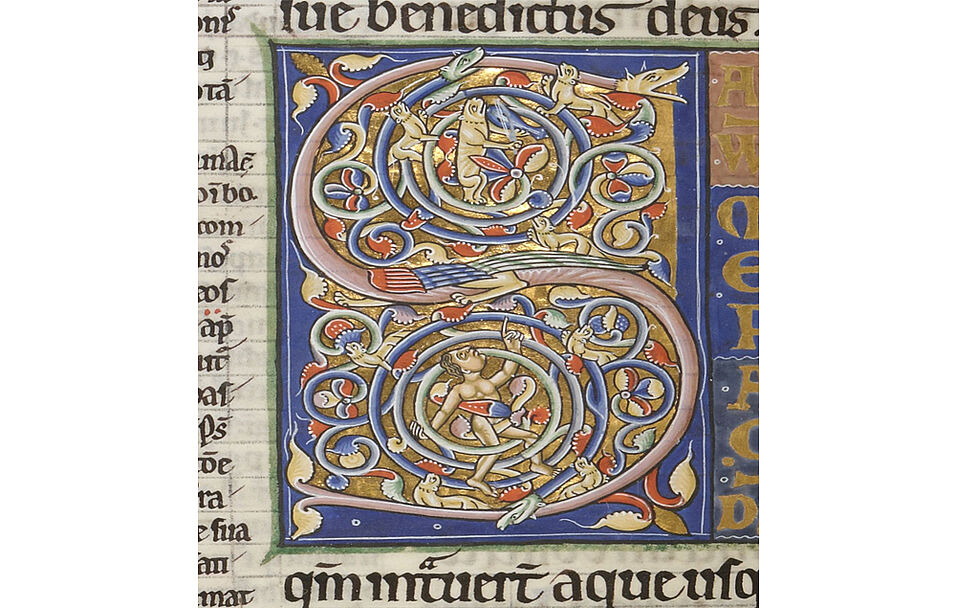Please, have a look at the current programme version: http://igtm2018.uw.edu.pl/index.php?d=programme
The conference Altiora te ne quaesieris (Sir. 3, 22): THE MEDIEVAL PURSUIT OF WISDOM aims at discussing various aspects of the medieval search for intellectual and moral perfection. It is open to philosophical and theological considerations related to the concept of wisdom intended in a broad sense, both in its theoretical and practical dimensions. Among the many possible interpretative paths, there is the issue of the cognitive optimism vs the ethical and epistemic limitations of knowledge, the problem of the latent medieval scepticism and of various approaches to the problem of knowability, which is related to the variety of definitions of the scope of the unknown. Another issue concerns the basic motivations of medieval intellectuals, their aims and scientific ambitions, as well as the tension between the condemnation of ignorance, the prohibition of curiosity, and the natural desire for knowledge. Of particular importance is the impact of Aristotle’s theory of science on the medieval views on intellectual research. Furthermore, from a philosophical perspective, wisdom can be considered a matter of inherently and typically human activity; but, when viewed from a theological point of view, scientia and sapientia are gifts beyond the natural human powers. The pursuit of wisdom in the Middle Ages is a provocative issue, open to many other considerations, and it encourages an interdisciplinary debate.
The conference will take place in the historical buildings of the 1000‑year-old Benedictine Abbey near Cracow. It will include five sessions of half-an-hour long papers followed by discussions, a series of short presentations of research projects, a guided tour of the Abbey, and a trip to the historical centre of Cracow.
Die Konferenz bietet die Möglichkeit, verschiedene Aspekte der mittelalterlichen Suche nach intellektueller und moralischer Perfektion zu diskutieren. Die Debatte ist offen für philosophische und theologische Beiträge zur Weisheit in einem weiten Sinn, der lehrhafte wie praktische Perspektiven einschließt. Gedacht ist dabei etwa an die Frage nach kognitivem Optimismus im Verhältnis zu ethischen und epistemischen Grenzen des Wissens, an das Problem des latenten mittelalterlichen Skeptizismus sowie die verschiedenen Ansätze zu dem Problem, wie Erkenntnis in den Bereich des Unbekannten vordringen kann. Gefragt wird auch danach, was mittelalterliche Intellektuelle antrieb, was ihre Ziele und ihren wissenschaftlichen Ehrgeiz ausmachte und wie sich dies zur Verachtung von Unwissenheit, zum Verbot der Neugier und zum natürlichen Verlangen nach Wissen verhielt. Von besonderer Bedeutung ist auch der Einfluss der aristotelischen Wissenschaftstheorie auf die mittelalterliche Vorstellung von akademischer Forschung. Weiterhin lässt sich Wissenschaft – aus philosophischer Perspektive – als typisch menschliches, inhärent begründetes Tun auffassen, während aus theologischer Sicht scientia und sapientia Gaben sind, die ihre Herkunft jenseits der natürlichen menschlichen Kräfte haben. Das Streben nach Weisheit im Mittelalter ist ein provokantes Thema, das für vielfältige Überlegungen offen ist und zu einer interdisziplinären Debatte anregt.
Die Konferenz wird in den historischen Gebäuden der tausend Jahre alten Benediktinerabtei Tyniec bei Krakau stattfinden. Sie umfasst fünf Sektionen mit halbstündigen Referaten sowie Diskussionen und eine Reihe von kurzen Präsentationen von Forschungsprojekten. Zum Begleitprogramm gehören eine Führung durch die Abtei und ein Ausflug in die historische Altstadt von Krakau.
Veranstalter:

